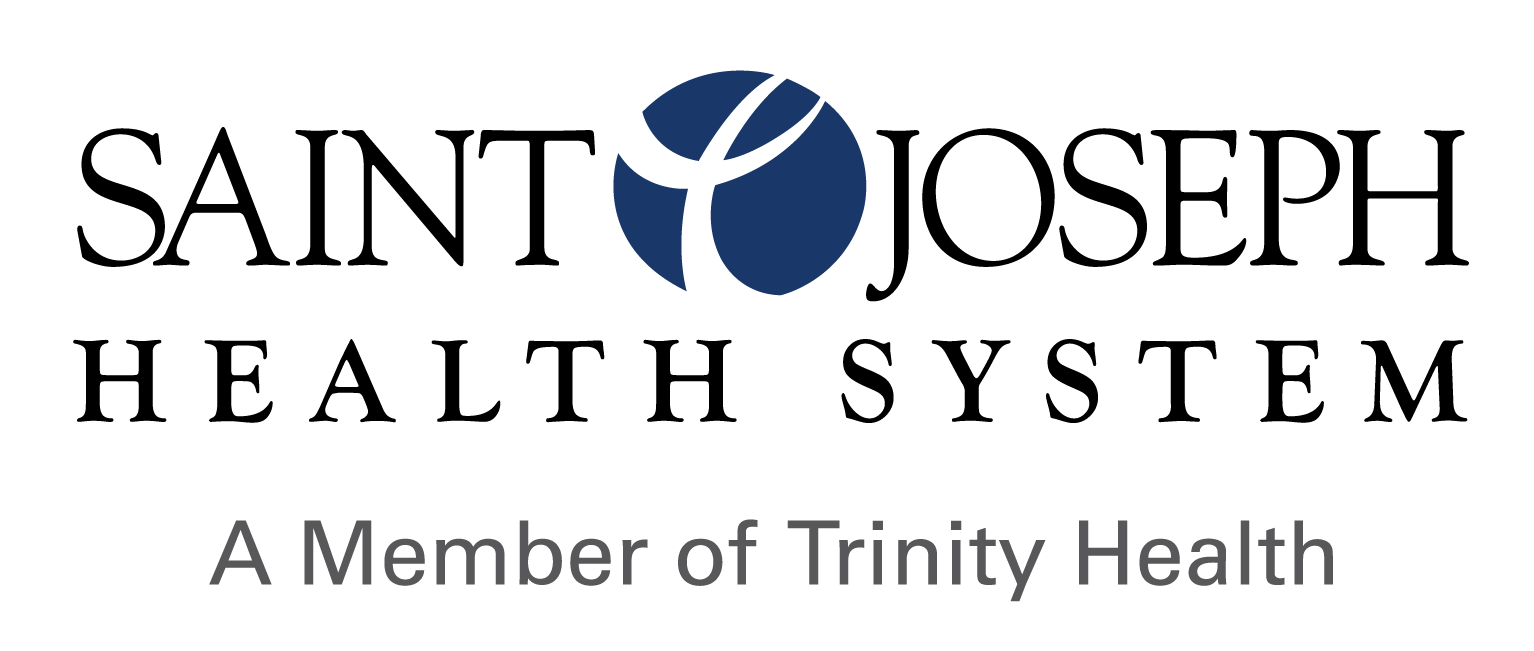Cancer Genetic Counseling
Address your family's cancer history
The Saint Joseph Health System Genetics & Risk Assessment Center offers comprehensive cancer genetic counseling by licensed, certified counselors who collaborate with physicians in varying specialties. Genetic counseling involves evaluating your personal and family medical history, identifying cancers you and your family may be at risk for developing and assessing the likelihood of a hereditary cause to cancer in your family.
Who should consider cancer genetic counseling?
- If you or a family member have had cancer at a young age (<50).
- If you or a family member have had two or more cancers.
- If multiple family members on the same side have had the same type of cancer, or there is a combination of associated cancers in the family.
- If a family member has a known hereditary cancer mutation.
- If you have concern or anxiety about your risks for developing cancer.
What are the benefits of cancer genetic counseling?
- Helps you understand how the results might impact you and your family.
- Allows you and your doctors to make treatment, follow-up screening and prevention decisions.
- Helps you and your doctors devise a cancer screening and/or prevention plan specific to your risks, as revealed by genetic cancer counseling.
- Guides you to appropriate research studies and support resources.
How is genetic testing performed and will my insurance cover it?
- Genetic testing is performed on a small blood or saliva sample. Results typically take two to four weeks. Your genetic counselor will discuss your results at a follow-up visit.
- In most instances, insurance companies will cover a portion of the cost of genetic cancer counseling. We can help determine this for you.
How should I prepare for my appointment?
- Gather your and any family medical information — medical records, pathology reports and/or death certificates — and talk to family members about their health history in advance.
- Discuss with your family their feelings about learning things related to their inherited cancer risk.
- Prepare a list of questions you would like to ask.
At your genetic counseling appointment, the genetic counselor will ask you about your cancer screening history, your cancer experience, other family members who have been diagnosed with cancer and your non-cancer health issues such as colon polyps, because hereditary cancers can be associated with features other than cancer.
